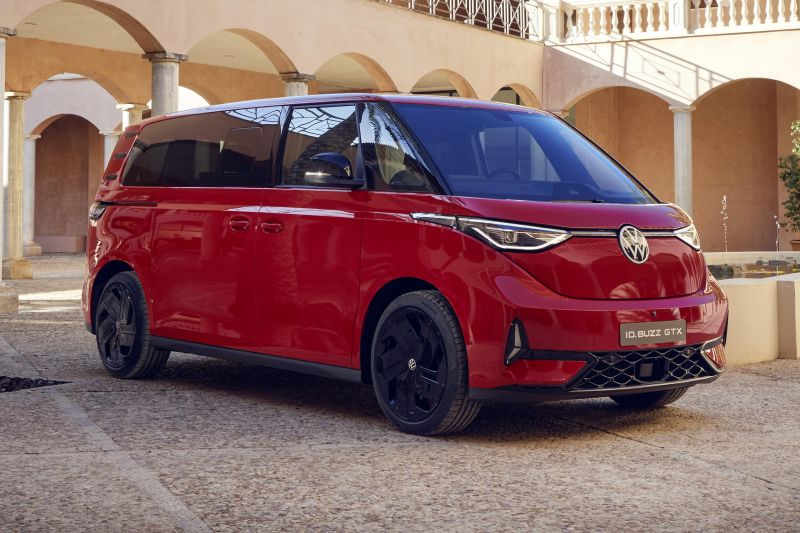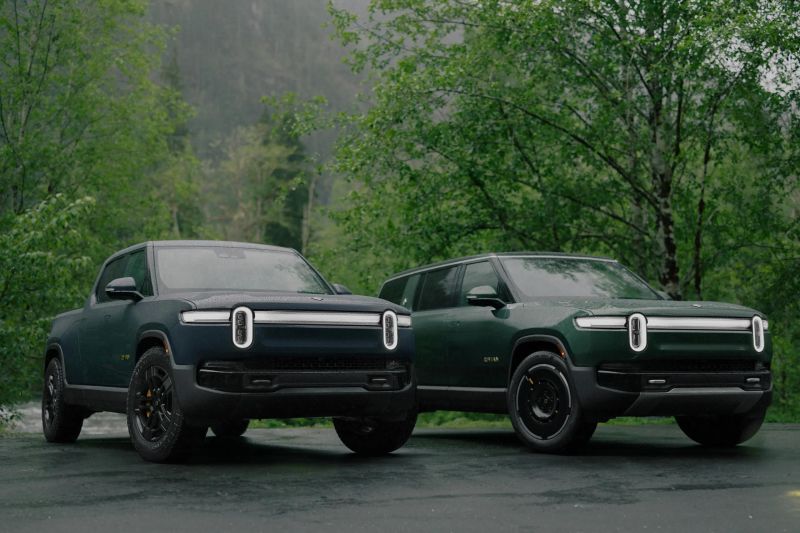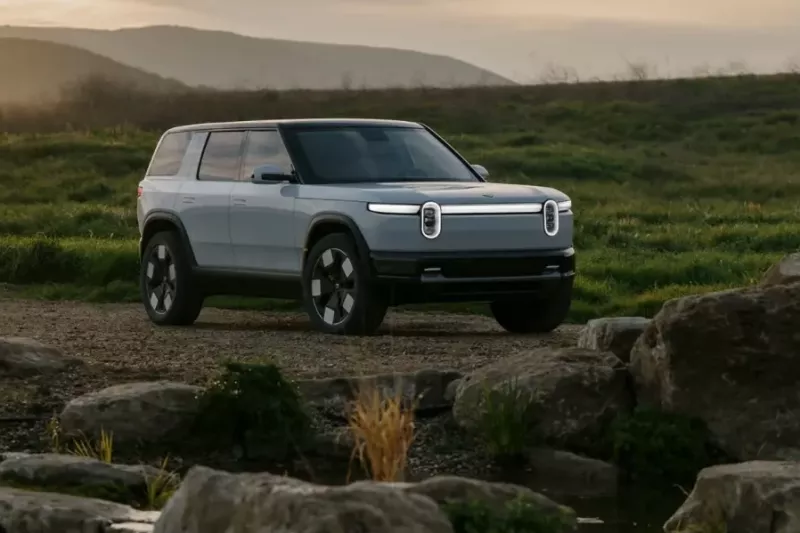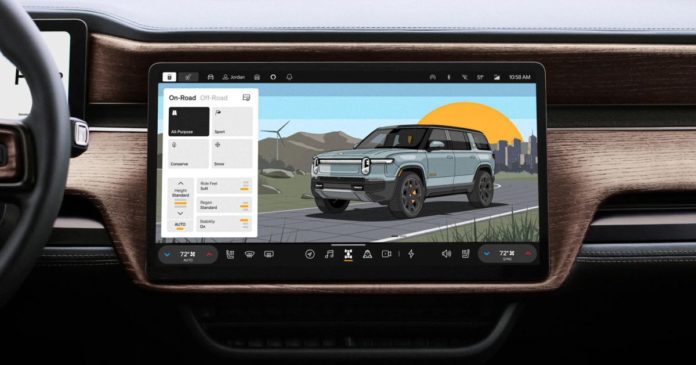Volkswagen and Rivian are teaming up, with the German giant getting access to the US startup’s software and electrical architecture.
As part of the joint venture, Volkswagen and Rivian will also jointly develop a next-generation electrical/electronic architecture for electric vehicles (EVs).
The Volkswagen Group has announced it plans to invest US$5 billion (A$7.5bn) in Rivian between now and 2026, with the joint venture expected to be finalised in the fourth quarter of 2024.
The two firms have already done “significant work… over the past months” to ensure Rivian’s electrical architecture and software are compatible with the Volkswagen Group’s vehicles.
-
Rivian R3X
Volkswagen does note the establishment of the joint venture is contingent on final results of a further review of the technical feasibility of integrated Rivian’s architecture in Volkswagen products, as well as further negotiations between the two firms and regulatory approvals.
This 50/50 joint venture is being established with the aim of creating “best-in-class software technology”.
By teaming up, the companies say they’ll be able to accelerate the development of software and increase scale.
Rivian’s zonal hardware design and integrated technology platform will serve as the foundation for next-generation tech, which will debut in new Volkswagen and Rivian products in the second half of the decade.
The American EV startup has said each company “will continue to separately operate their respective vehicle businesses”, which appears to close the door on any co-developed vehicles – in contrast with Volkswagen’s recently announced tie-up with Chinese EV brand Xpeng.
-

Volkswagen ID. Buzz
The joint venture will be mutually beneficial. Volkswagen’s Cariad software division has been blamed for delayed vehicle launches, and the company has cut jobs there, while Rivian – as a young startup – is still losing money.
Reuters reports Rivian loses nearly US$40,000 (A$60,000) for every vehicle it delivers, and has been renegotiating supplier contracts and building some parts in-house in an effort to cut costs.
In a stark split screen, Volkswagen shares fell two per cent on Wednesday amid concerns from investors of the cost of the joint venture, while Rivian shares increased by over 24 per cent.
“Our customers benefit from the targeted partnership with Rivian to create a leading technology architecture,” said Volkswagen Group CEO Oliver Blume.
“Through our cooperation, we will bring the best solutions to our vehicles faster and at lower cost.
-

Rivian R1S and R1T
“We are also acting in the best interest of our strong brands, which will inspire with their iconic products.
“The partnership fits seamlessly with our existing software strategy, our products, and partnerships. We are strengthening our technology profile and our competitiveness.”
“Not only is this partnership expected to bring our software and associated zonal architecture to an even broader market through Volkswagen Group’s global reach, but this partnership also is expected to help secure our capital needs for substantial growth,” said Rivian founder and CEO RJ Scaringe.
“Rivian was created to help the world to transition away from fossil fuels through compelling products and services, and this partnership is beautifully aligned with that mission.”
-

R2
Rivian started deliveries of its first vehicle, the electric R1T ute, in late 2021. It subsequently introduced the related R1S, while it also produces an electric delivery van for Amazon. All are built in a former Mitsubishi factory in the US state of Illinois.
Earlier this year, it revealed new, smaller R2 and R3 SUVs.
US car giant Ford had previously invested US$1.2 billion (AU$1.8 billion) in Rivian, but sold 90 per cent of its stake in the EV startup, gaining US$3 billion (A$4.5 billion) in the process.

